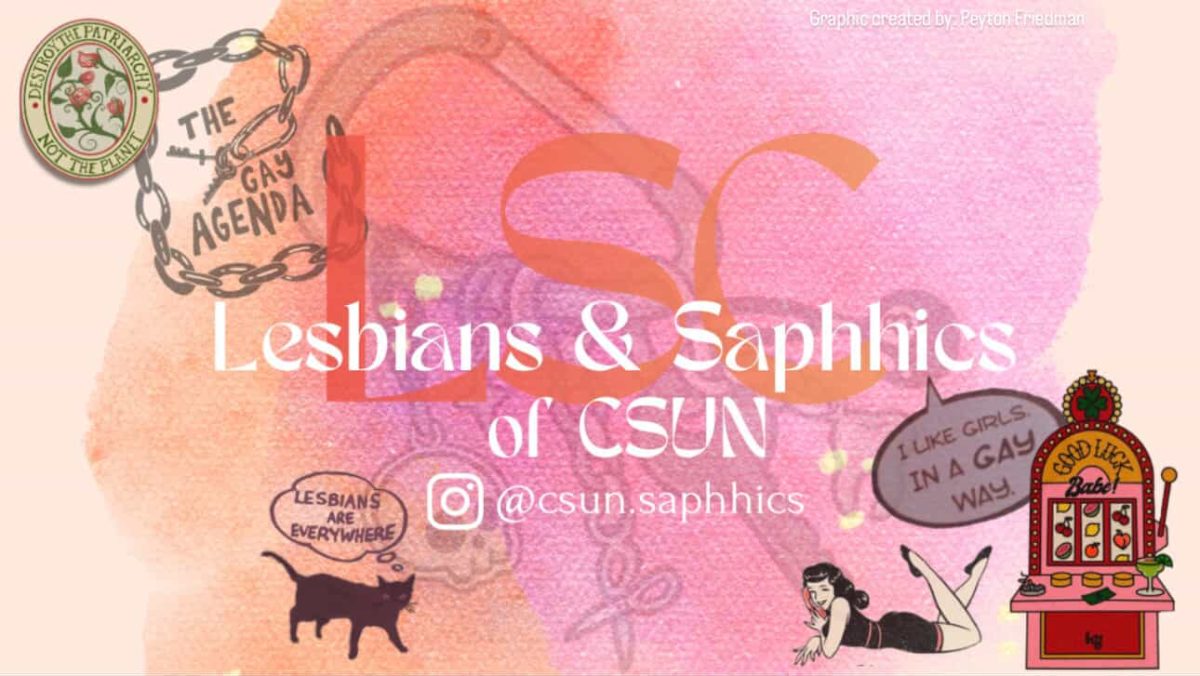The California Legislature has implemented a one-time traffic ticket amnesty program in an effort to collect revenue from unpaid violations.
The program, which allows defendants to make a one lump sum payment of 50 percent of their balance, began Jan. 1 and will end June 30.
People who choose to take advantage of the program will fully satisfy the entire amount owed on their overdue tickets, according to Jessica Sanora, senior manager of Enhanced Collections for the Administrative Offices of the California Courts.
“With the economy going south, basically, we decided that this was a good time for people who haven’t been able to pay their traffic tickets to give them an opportunity to pay 50 percent of what they owed and hopefully increase the revenue that will be going to the state, the city and the counties to help with their deficits as well,” Sanora said.
Half of the total balance of the outstanding ticket – including concurred late fees or civil assessment – must be paid to meet the programs obligations.
According to the Los Angeles Superior Court website, there are certain requirements that must be met in order to qualify for the amnesty program. Tickets must have been due before Jan. 1, 2009, and no payments may have been made toward the outstanding balance after that date.
If restitution occurred to a victim on any case within the county where the traffic case was filed, eligibility will not be met for the program.
People with outstanding misdemeanor or felony warrants within the county where the traffic case was filed are also ineligible. Parking tickets, driving under the influence and reckless driving cases are not included in the amnesty program.
“The news made it seem like I could get a discount on my ticket, but I got mine in 2011 so I’m screwed,” said Sheldon Cohen, a senior majoring in sociology.
Amnesty programs similar to the one currently implemented have been in place twice before in California – once in 1992 and again in 1996.
“There was $15 million collected when we did this program back in 1992,” Sanora said. “We are expecting to at least meet that ($15 million) and exceed it.”
Currently, the state expected to make $0 in revenue from old traffic tickets if no amnesty program has been implemented, Sanora said. She said in 1996 the program did not have an end date, unlike the one in place today but only certain tickets qualified to meet the program’s requirements.
She advised people who qualify for the program to take full advantage of it.
“After June 30 I don’t think this program will be happening again,” Sanora said.
People should contact their local court and find out if they have a hold on their license or a warrant in their name because they have an opportunity to clear these debts at only half the cost.
“If they have a hold on their license they will be able to get their licenses back and not have to look over their shoulder when they’re driving,” Sanora said.
One-time traffic ticket amnesty program offers half-off total balance
January 31, 2012
More to Discover





